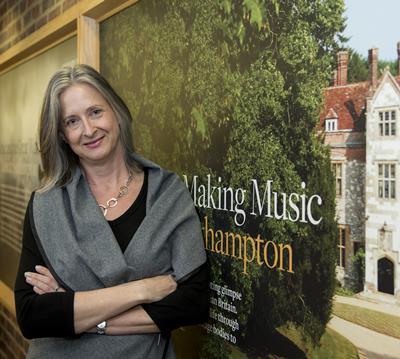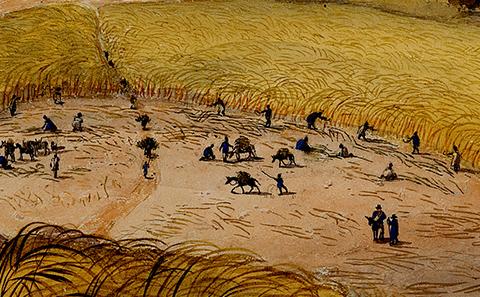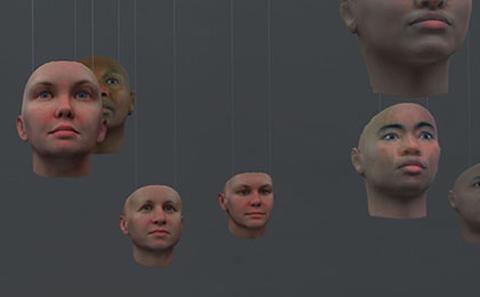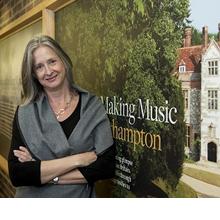How music makes a house a home
Connecting families with their homes in Georgian Britain through music
Southampton Spotlight shines a light on the impact our University is having across the world, through the achievements of the individuals that make up our community.
Blurring the lines between work and home life
One thing that the global COVID-19 pandemic has forced us to do as a society is spend more time in one place. We are increasingly having to blur the lines between our domestic and working lives, due to lockdown regulations and government restrictions. Thanks to these limitations, many of us have developed new relationships with our homes.
However, it appears that living, working and socialising in one space is a part of our history.
Jeanice Brooks, Professor of Music at Southampton, explains that this new connection with the home resonates with the way many Georgian families viewed and used their homes.
“Work, social interactions and entertainment could all take place in the family home or the homes of friends, during the period,” she says.
In particular, Jeanice has been looking at the role that listening to and performing music played in understanding of home, family and domesticity in Georgian Britain.
Creating an immersive experience
With partner organisations including the British Library, the National Trust, Sydney Living Museums and the Buccleuch Living Heritage Trust, Jeanice and her team conducted a census of musical materials in historic UK houses. They also produced music and dance influenced by the period that could be performed in these historic spaces.
Partner organisations such as the National Trust are very keen to include sound and music into historic houses so that visitors have a more immersive experience of what life was like.
“At the National Trust property Erddig, we provided a detailed history of music making in the house and are devising a method for telling the larger story of the property and its occupants through and with sound,” Jeanice explains.
“At Boughton House, in collaboration with the Buccleuch Living Heritage Trust, we explored how domestic consumption of stage music influenced private and public spaces and social identities.”
In a similar way to the present day, music in Georgian Britain could either unite sections of the population or reinforce the differences that were present in society.
Uniting or dividing
“There were certain repertoires of music that were enjoyed by the aristocracy and those from middling socioeconomical backgrounds, such as merchants, artisans and those that worked in the fine art industry. However, less is known about families from the lower socioeconomic groups.”
But music could also be a tool for social separation.
The act of an employer generously organising a servant ball could be seen as a kind gesture, or a way to reinforce particular social hierarchies with those in service.

Jeanice’s motivation for her research centres around how Georgian families enacted their identities and personalities in their homes through the music they played and performed for entertainment. This can reveal how they saw themselves, and how they wished to be seen by others.
We can draw parallels in the present day: how we furnish our homes and perhaps how we use our homes during COVID-19 restrictions can reveal who we are.
“Looking at a period such as Georgian Britain gives us the opportunity and historical distance to make sense of how we, in the present day, construct our identities through our homes, from the way we decorate them and the leisure activities we consume in them, to how we make room for work in this new ‘pandemic’ normal. It is fascinating!”
Related Staff Member
You may also be interested in:

Studying a slaveholder
Analysing the letters of a prominent sugar planter, Simon Taylor, to understand the mentality of the slaveholders.

Archaeologies of media and technology
Exploring our past, present and future through media and technology

Enjoying music with a cochlear implant
Interdisciplinary Southampton team helps cochlear implant users to appreciate music.
